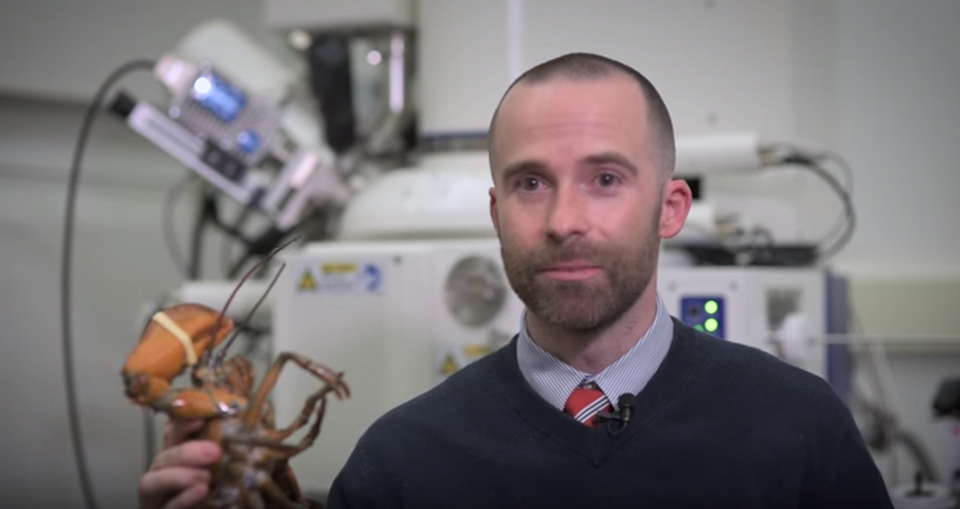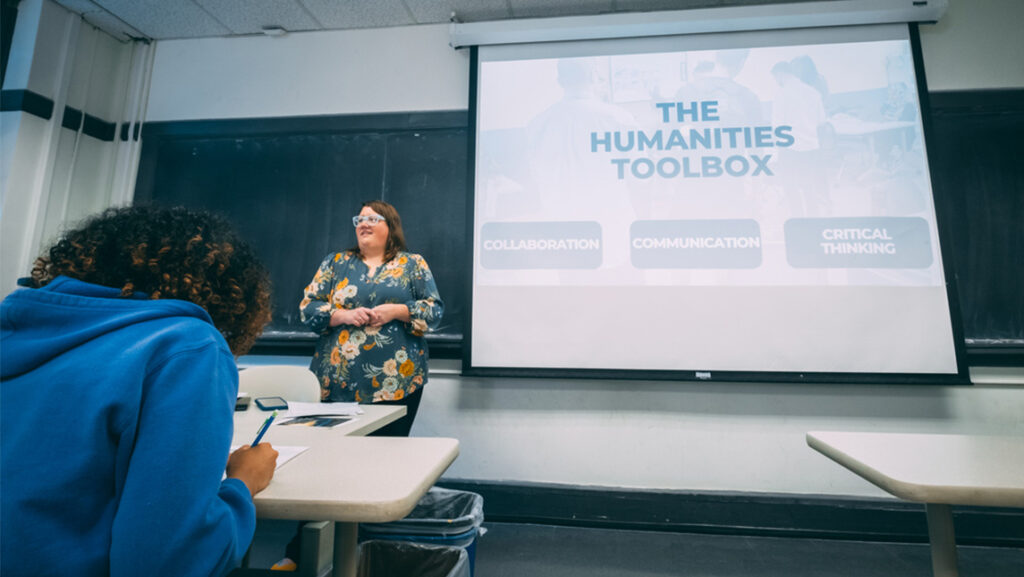Kepley BioSystems has been selected as a Top 500 Startup for the 2016 Hello Tomorrow Challenge. The Hello Tomorrow Challenge is the world’s biggest early-stage startup competition for science and deep technology startups.
Each year, the Top 500 Startups attend the Hello Tomorrow Global Summit in Paris, an invitation-only event bringing together people using science and technology to change the world with top investors in each sector, industrial leaders (Airbus, Google[x], IBM, Roche, Air Liquide, Cisco, etc.), international media (Bloomberg, BBC, Wired, etc.), and influencers.
Kepley BioSystems ranked in the Top 10 Food and Agriculture startups in North and Central America.
The company originated at the NC A&T UNCG Joint School of Nanoscience and Nanoengineering (JSNN) and is now located at the Gateway University Research Park proximal to JSNN. It is led by UNCG Professor Christopher Kepley and Dr. Anthony Dellinger, a recent UNCG graduate, working in collaboration with lead inventor Terry E. Brady, located on the Caribbean island of Anguilla, British West Indies.
The company has invented a patent-pending, synthetic bait with the potential to eliminate the use of forage fish to attract and trap lobster and crab. The crustacean fishing industry currently spends $20 billion annually in the global capture and utilization of 40 billion pounds of forage fish. OrganoBait™ mimics the attractant properties of forage fish, without the use of fish or any animal byproduct. OrganoBait is sustainable, environmentally friendly, cost-effective, reliably available, and less expensive comparted to traditional forage fish. Regulators and environmentalists will also have compelling reasons to support this product for it’s potential to help avert ocean ecosystem collapse from overfishing, especially using drift-net practices.



